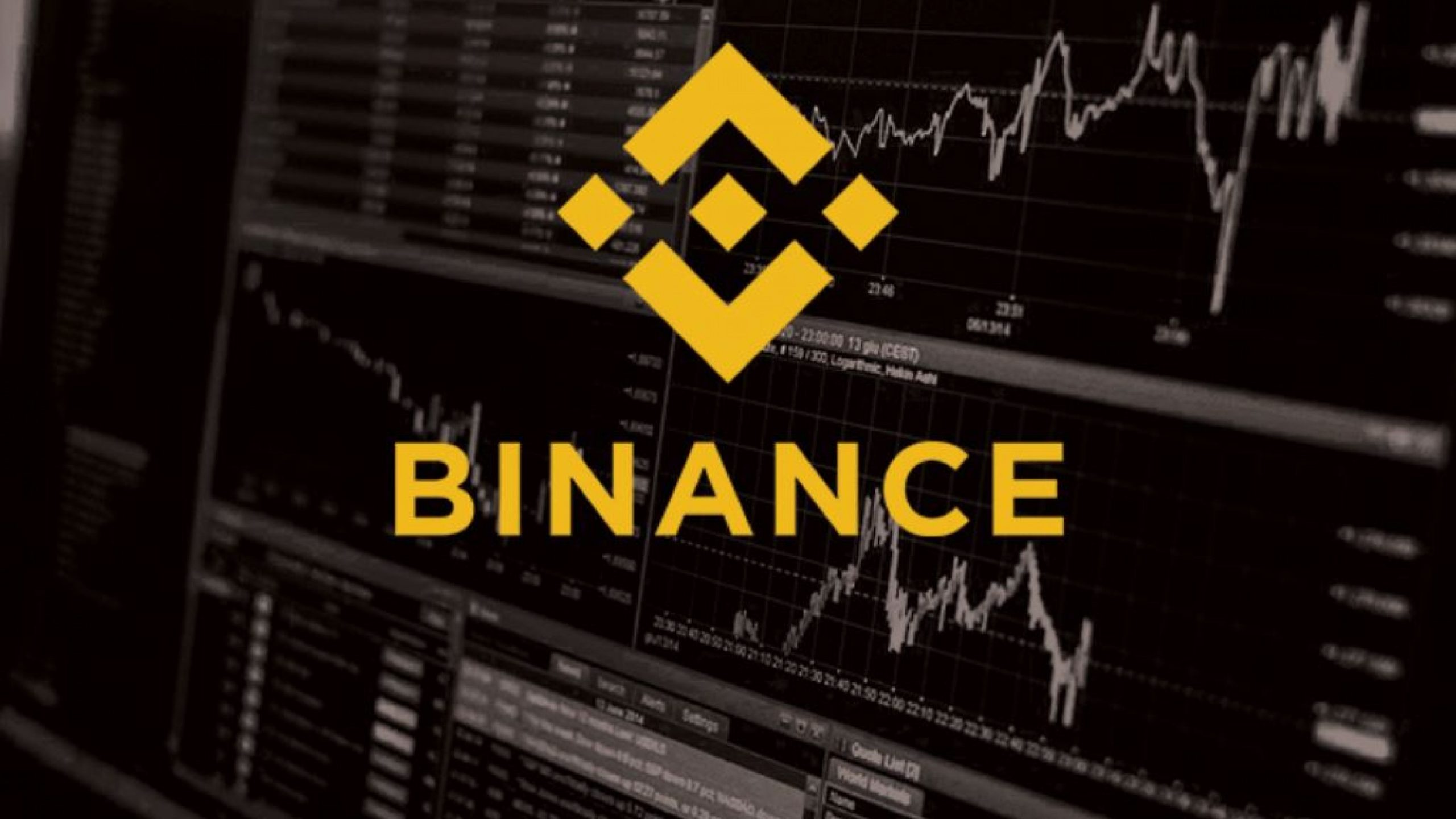Starting March 31, 2025, the largest cryptocurrency exchange Binance will introduce serious restrictions on stablecoin trading for residents of the European Economic Area (EEA). This is due to the entry into force of new rules of the European Markets in Crypto-Assets (MiCA) law, which tightens the requirements for stablecoin issuers.
What changes await Binance users in the EU?
- Starting March 27, 2025, margin trading of stablecoins will be disabled.
- Starting March 31, 2025, Binance will completely remove trading pairs with USDT, FDUSD, TUSD, USDP, DAI, AEUR, UST, USTC and PAXG.
- Users will be able to store and withdraw these assets, but buying and selling will no longer be possible.
Why is Binance introducing restrictions?
The European MiCA law imposes strict requirements on stablecoin issuers, including mandatory licensing and control over their reserves. Since many of the listed assets do not comply with the new rules, Binance is forced to exclude them from trading in the region.
What alternatives does Binance offer?
The exchange recommends that users convert their stablecoins to USDC or EURI, which comply with European regulations. This will allow them to continue trading on the platform without restrictions.
Will USDT and other stablecoins return?
It is highly unlikely that USDT and other excluded assets will return. EU users, including Cypriots, will have to switch to supported stablecoins, otherwise they will not be able to trade on Binance.
Conclusion
Binance’s restrictions are a significant event for the European crypto market. MiCA creates new rules of the game, and users must adapt to the changing conditions by choosing available alternatives.

New KYC Rules in India: Crypto Exchanges Tighten Scrutiny

Cryptocurrency Licensing in the UK: New Rules and Deadlines

Global Implementation of the CARF Standard: New Requirements for Crypto Services



